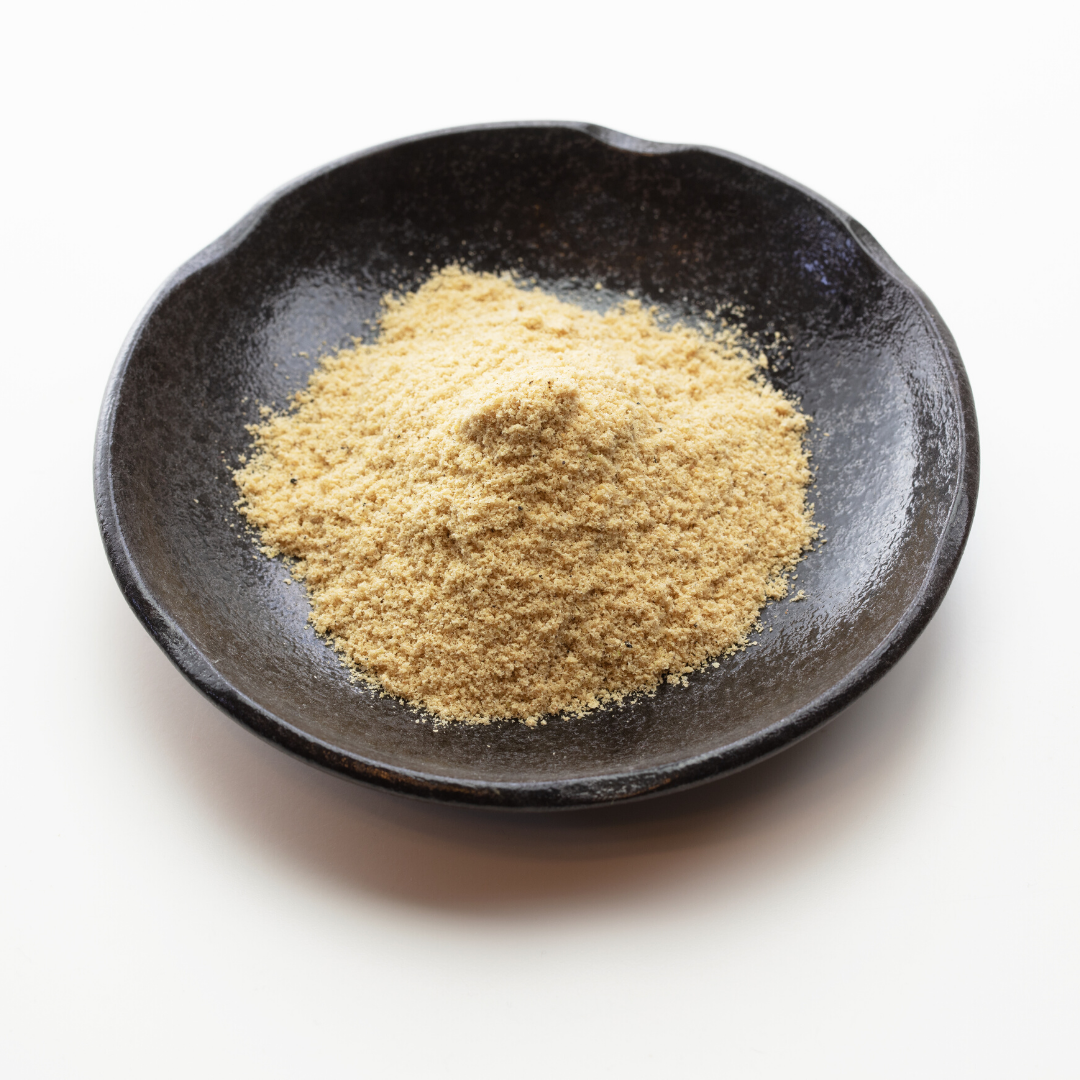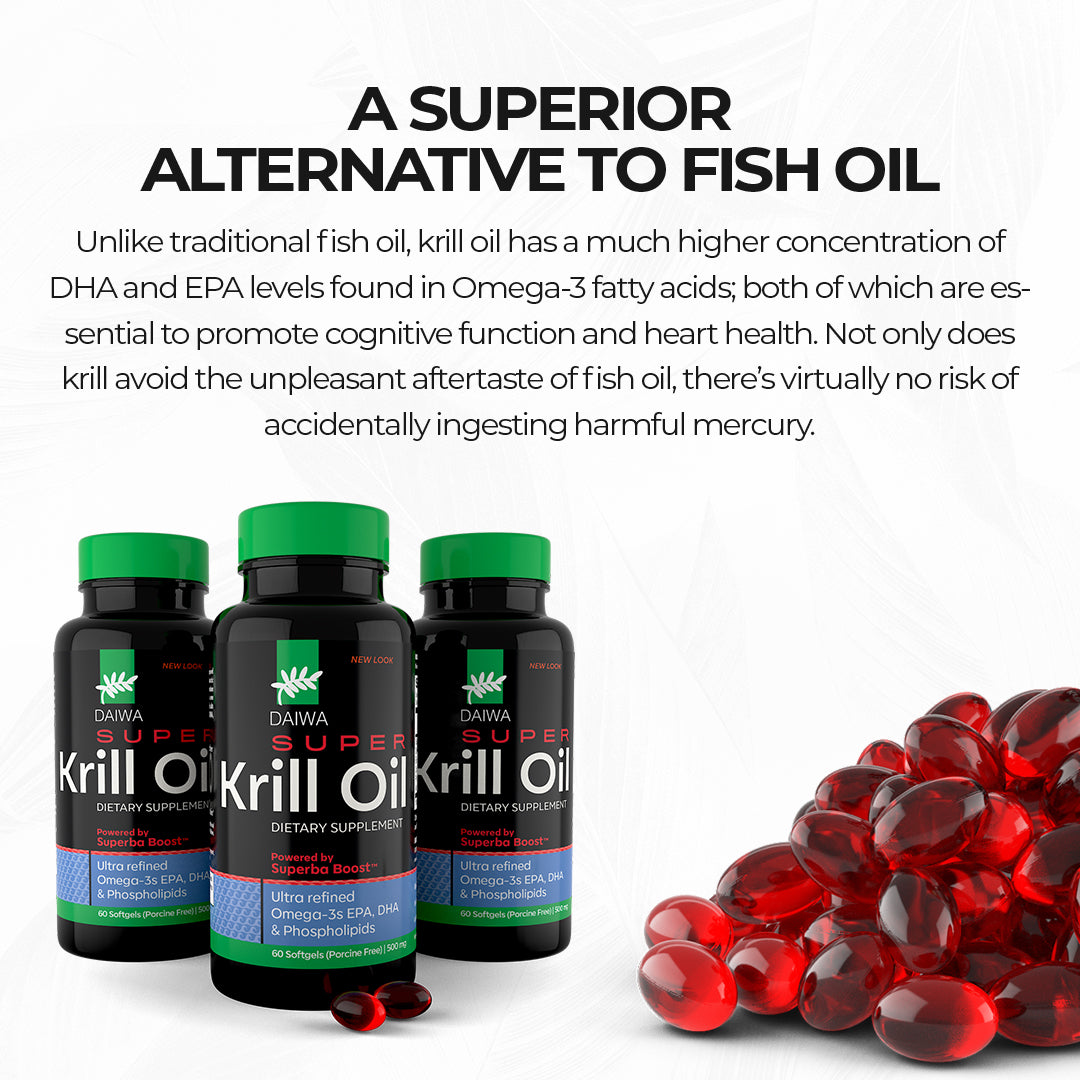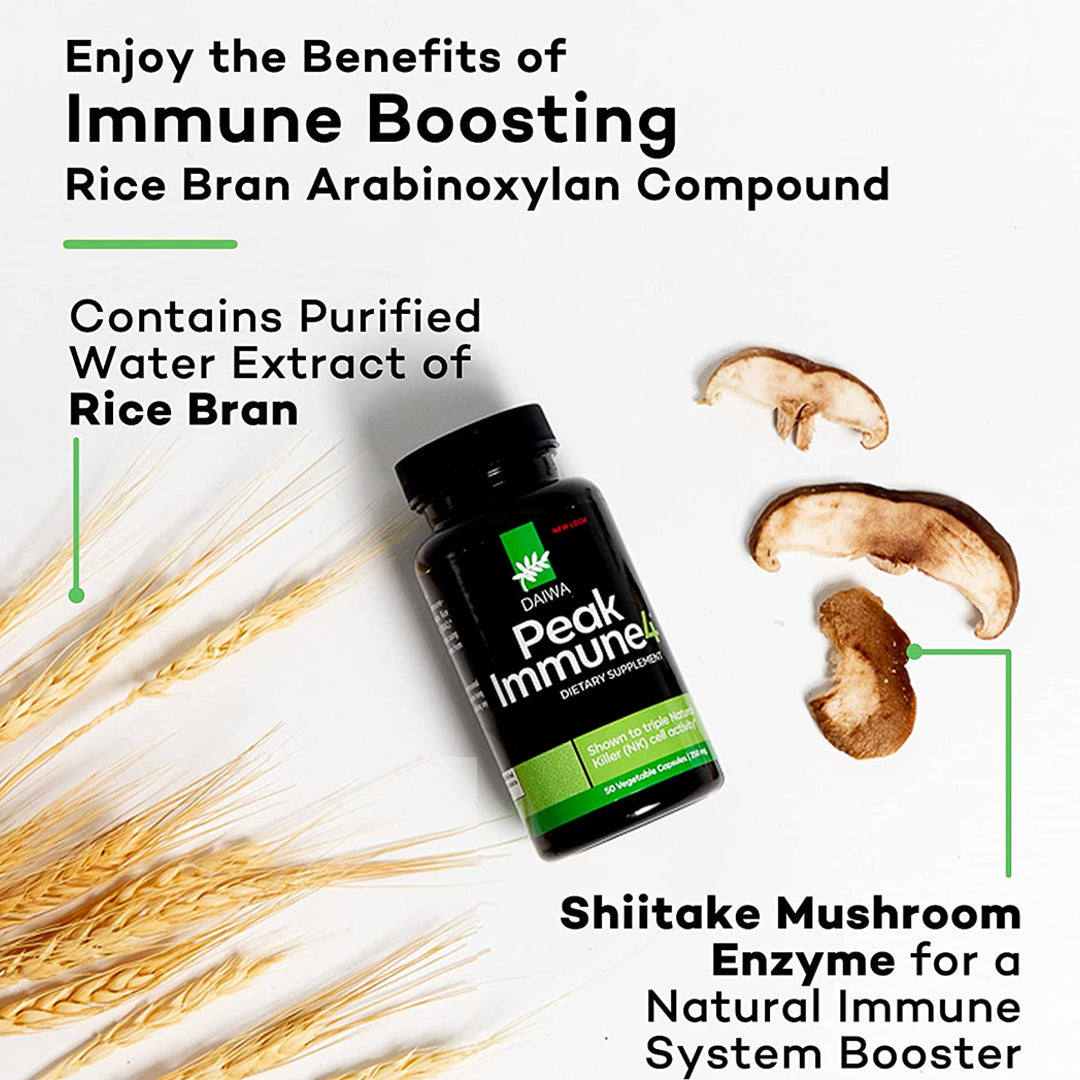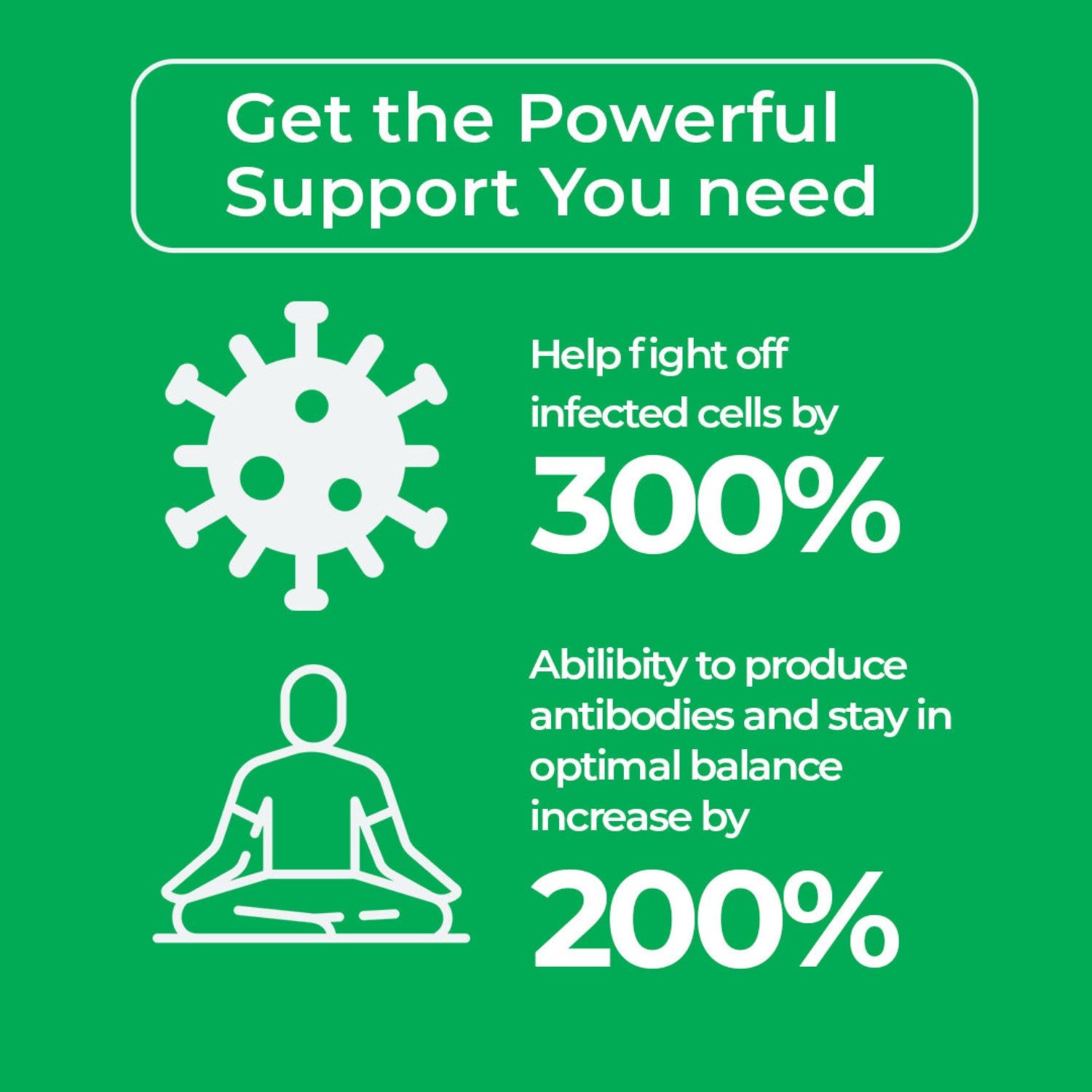Menopause brings with it a unique set of changes, both expected and surprising. Some shifts are physical, others are emotional, and many are invisible to those around you.
The truth is that while menopause is a natural life stage, it demands new attention to lifestyle, diet, and daily habits. At Daiwa Health Development, we believe that understanding what to avoid during menopause is just as important as knowing what to embrace.
Understanding Menopause and Its Symptoms
When estrogen levels decline, the body responds in complex ways. Hot flashes, night sweats, mood swings, weight gain, and difficulties with sleep are among the most frequently experienced symptoms during menopause.
For some women, the symptoms are mild; for others, they are intense and disruptive. These menopause symptoms often overlap with other health risks such as bone loss, high blood pressure, and cardiovascular disease, which makes lifestyle choices even more critical.
It’s important to remember that menopausal symptoms are not a sign of weakness. They are biological signals, reminders that the body requires new patterns of care.
Managing menopausal symptoms begins with knowing which foods and habits may worsen them—and how to shift toward healthier alternatives.
Foods and Habits That Trigger Hot Flashes
Hot flashes and night sweats are among the most bothersome menopause symptoms. While no two women have identical triggers, research consistently points to certain culprits.
Spicy foods, alcohol consumption, and caffeine are known to trigger hot flashes. Even more subtle is the role of stress, which can increase both hot flashes and night sweats by amplifying hormone fluctuations.
Pro Tip: If hot flashes make sleep quality difficult, try cooling strategies such as layered bedding, cold water before bed, or keeping a fan nearby. These small shifts can reduce hot flashes and night sweats without medication.
Processed Foods and Blood Sugar Spikes
Another factor to consider is diet. Ultra processed foods—fast food, packaged snacks, fried foods, and foods like potato chips—may taste comforting but create significant challenges.
They are typically high in added sugars, saturated fat, and low in nutritional value. These foods spike blood sugar, leading to insulin resistance over time. High blood sugar levels worsen menopausal symptoms and increase risks for cardiovascular disease and diabetes.
Choosing whole grains such as brown rice, oats, and quinoa instead helps stabilize blood sugar. These foods to avoid should be replaced with nutrient dense foods that provide steady energy. A diet rich in whole grains and fruits and vegetables helps manage weight and protects long-term health.
Weight Gain, Muscle Mass, and Healthy Eating Habits
Weight gain during menopause is common, but not inevitable. Shifts in hormone levels slow metabolism and contribute to changes in fat distribution.
Postmenopausal women may notice more abdominal weight gain and less muscle mass. This combination increases risk for heart disease and makes weight management more challenging.
Lean protein—such as lean meats, legumes, and fatty fish—supports muscle maintenance. Maintaining muscle mass is key for strength, balance, and overall health.
Pairing lean protein with healthy fats and whole grains ensures you’re practicing healthy eating habits that work for long-term weight management.
The Role of Fats in Menopause
Not all fats are created equal. Saturated fat and fatty meats can worsen menopausal symptoms and raise the risk of cardiovascular disease. Similarly, fatty foods like fried foods or desserts made with added sugars add to inflammation and weight gain.
Instead, focus on healthy fats such as omega 3 fatty acids from fatty fish like salmon or sardines. These foods rich in healthy fats protect bone health, support hormone balance, and reduce hot flashes.
For women seeking an easy daily boost, supplements from Daiwa Health Development provide omega 3s and other nutrients to ease menopausal symptoms naturally.
Alcohol, Caffeine, and Sleep Quality
Alcohol consumption and caffeine deserve special mention. Both disrupt sleep quality and can trigger hot flashes and night sweats. Over time, they also raise blood pressure and worsen menopausal symptoms. Limiting or avoiding them is a simple way to reduce menopause symptoms and to improve overall health.
Sleep disturbances are a common symptom, and poor sleep weakens mental health, increases mood swings, and makes weight management harder.
Protecting sleep means paying attention to evening routines—limiting stimulants, practicing mindfulness, and keeping the bedroom cool.
Nutrients That Protect Bone and Heart Health
Bone health becomes more fragile as estrogen declines. Calcium rich foods such as dairy products, fortified plant milks, and leafy greens are vital.
Pairing these healthy foods with vitamin D helps the body absorb calcium and reduce bone loss. For many menopausal women, adding B vitamins supports energy metabolism and eases fatigue.
Cardiovascular disease remains one of the leading risks for postmenopausal women. A Mediterranean diet—rich in whole grains, lean protein, fruits and vegetables, and healthy fats—has been shown to lower blood pressure and support heart health. Choosing nutritious foods with high nutritional value builds resilience against long-term health risks.
Managing Menopausal Symptoms with Lifestyle Choices
Managing menopausal symptoms isn’t just about food. Stress management, social connections, and physical activity all play vital roles.
Exercise builds bone health, preserves muscle mass, and helps manage weight. Social connection protects mental health, reduces stress, and helps ease menopause symptoms in daily life.
Pro Tip: Check the nutrition facts label when grocery shopping. Small choices—reducing added sugars, avoiding processed foods, and selecting nutrient dense foods—compound over time to ease menopausal symptoms.
Supplements to Ease Menopause Symptoms
Even with the best diet, it can be difficult to meet every nutritional need. This problem can be addressed with by taking targeted supplements. Omega 3 fatty acids, B vitamins, and vitamin D are among the most effective for managing menopausal symptoms.
These nutrients manage inflammation, support hormone levels, and ease bothersome menopause symptoms such as intense hot flashes or mood swings.
At the mid-point of your journey, consider supplements from Daiwa Health Development. Designed to support bone health, cardiovascular health, and overall wellness, these solutions provide science-backed nutrients that reduce menopause symptoms and protect long-term health.
Putting It All Together
Menopause is not a single moment, but a transition. It comes with challenges, but also with opportunities to create lasting habits that support optimal health.
By limiting processed foods, saturated fat, alcohol, and caffeine, and instead choosing a balanced diet of whole grains, lean protein, fruits and vegetables, and healthy fats, menopausal women can reduce menopause symptoms and protect overall health.
Premature menopause, or symptoms that begin earlier than expected, can feel especially overwhelming.
But the principles remain the same: focus on weight management, protect bone health, and choose foods and supplements that ease menopausal symptoms.
At Daiwa Health Development, we know that healthy lifestyle choices and targeted nutritional support can transform the menopausal journey. By emphasizing nutritious foods, managing stress, and supplementing where needed, menopausal women can not only reduce menopause symptoms but also move toward healthier, more vibrant years ahead.








Leave a comment
All comments are moderated before being published.
This site is protected by hCaptcha and the hCaptcha Privacy Policy and Terms of Service apply.